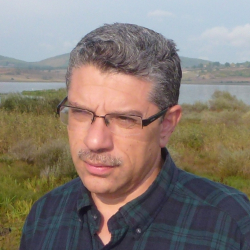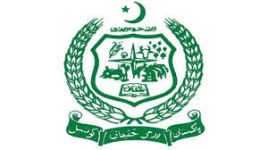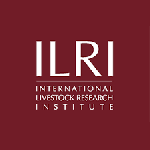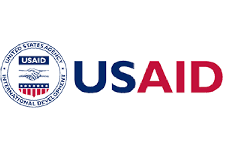The potential benefits of this project from identifiying and promoting improved forage varieties with high yield potential with appropriate agronomic practices in Pakistan would substantially be at economic, social and environmental level.
The dissemination of rangeland practices and forage varieties, in addition to the assessment of rapid small ruminants value chain, are leading to increased income for small householders. The result is given by increased livelihood opportunities.
The new knowledge and skills acquired by professional and technical staff of various stakeholders (research institutions, farmers) will help in adopting and applying new technologies generated and demonstrated in their regular activities to sustain the project achievements. The several training of students and researchers, funded with the project budget, will equip them with knowledge and skills to develop and improve new technologies in the agricultural/husbandry sector, such as rangeland management, fodder production and small ruminants supplemental feeding regimes in arid agro-pastoral systems in Pakistan.









